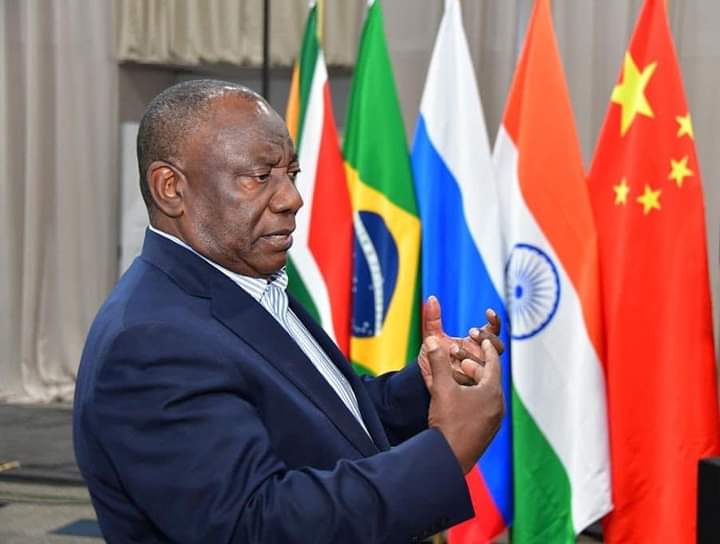South Africa’s President Cyril Ramaphosa delivered a compelling address at the 78th session of the UN General Assembly, emphasizing the urgency of climate action and advocating for global reform. Here is an edited version of his speech:
In his address to the United Nations General Assembly, President Cyril Ramaphosa of South Africa called upon affluent nations to fulfill their climate financial commitments to support developing countries in addressing global warming.
“It is deeply concerning that wealthier nations have not met their pledge to mobilize $100 billion annually to assist developing economies in their climate efforts,” remarked President Ramaphosa during his speech.
President Ramaphosa drew attention to the alarming rate at which Africa is warming compared to the rest of the world, with 17 of the 20 global climate hotspots located on the African continent.
“Centuries after the abolition of the slave trade and decades after the end of colonial exploitation of Africa’s resources, the people of our continent are once again bearing the brunt of industrialization and development by wealthier nations,” stated the South African leader.
President Ramaphosa emphasized that Africans are no longer willing to bear the additional costs resulting from high global carbon emissions.
“We implore global leaders to expedite the process of global decarbonization while striving for equality and shared prosperity,” he urged.
Highlighting the importance of addressing all three pillars of the 2016 Paris Agreement—mitigation, adaptation, and support—with equal commitment and urgency, President Ramaphosa stressed the need for increased financial support for African countries and other developing economies to effectively implement the 2030 Agenda and achieve their climate goals comprehensively.
Furthermore, President Ramaphosa called for the reform of global institutions, including the United Nations Security Council, to promote greater equality among nations and facilitate more effective responses to current geopolitical dynamics.
“This is the opportune moment to advance the reform of the United Nations Security Council, ensuring that it embodies the principle of sovereign equality among nations and enhances its capacity to respond effectively to contemporary geopolitical realities,” he asserted.
President Ramaphosa underscored the necessity of creating “inclusive, representative, and democratic institutions that advance the interests of all nations.”
He concluded by emphasizing the importance of a renewed commitment to multilateralism, anchored in clear rules and supported by effective institutions.
